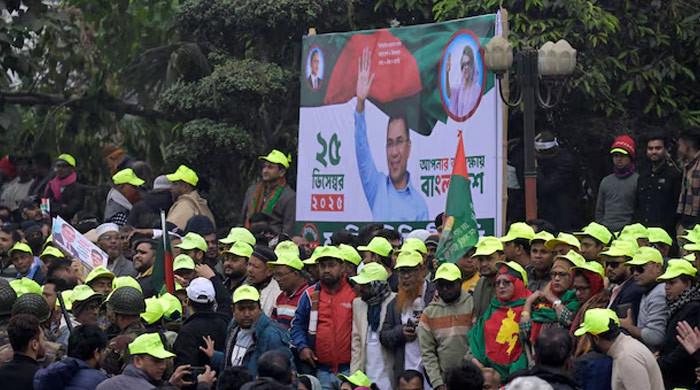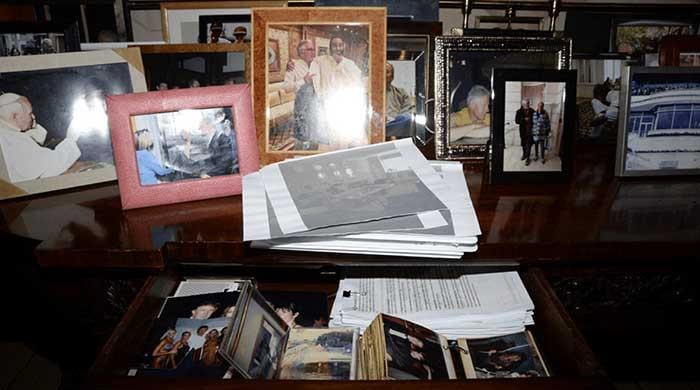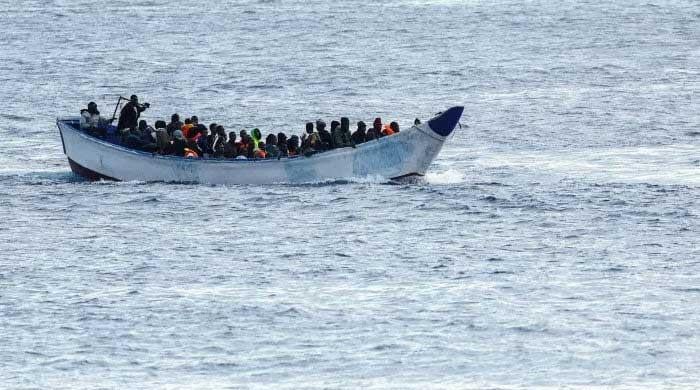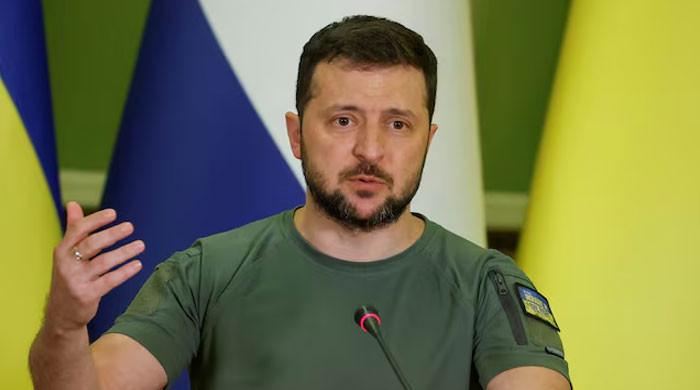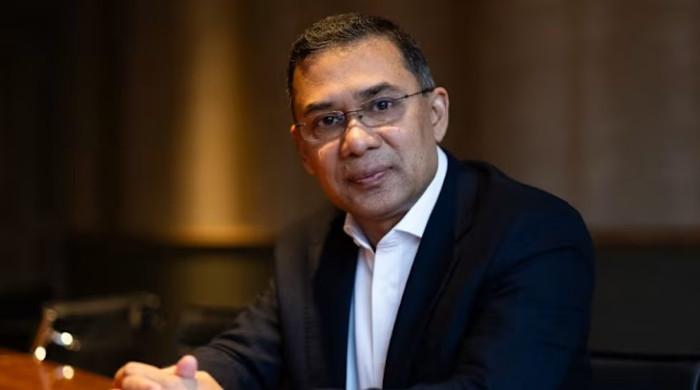Trump set to disclose US strategy on Afghanistan, Pakistan
Trump was said to be dissatisfied by initial proposals to add a few thousand more troops in the country
August 21, 2017
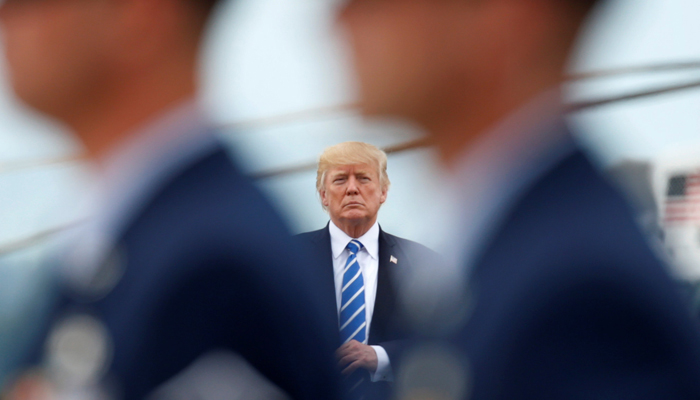
BRIDGEWATER: US President Donald Trump is to lay out the American strategy for the war in Afghanistan in a prime-time television address to the nation Monday night, the White House said on Sunday.
A White House statement said Trump will "provide an update on the path forward for America's engagement in Afghanistan and South Asia", almost 16 years after the war began.
An address is scheduled for 9 PM (6 AM PST, Tuesday) from the military base at Fort Myer southwest of capital Washington, the White House added in its statement.
'Many decisions'
Trump gathered top security officials Friday at the Camp David presidential retreat in Maryland to weigh his options in the gruelling conflict, saying afterwards that "many decisions" had been made.
Wary of international involvements but eager for progress in the drawn-out Afghan war, the Trump administration had originally promised a new plan by mid-July.
Soon after taking office in January, the Trump administration commenced a review of the US policy on Afghanistan, which has expanded into a broader South Asian region, including Pakistan.
The president, however, was said to be dissatisfied by initial proposals to add a few thousand more troops in the country, and advisers were studying an expanded strategy.
The decision comes after the departure from the White House on Friday of Steve Bannon, Trump's firebrand chief strategist, a nationalist who was said to be disinclined to seeing US forces more deeply mired in the troubled region.
Trump's Defense Secretary Jim Mattis confirmed in Amman, Jordan, on Sunday that the administration had agreed on a new strategy for Afghanistan after "rigorous" debate, but refused to provide any details about the decision.
"The president has made a decision," Mattis told reporters travelling with him aboard a military aircraft. "As he said, he wants to be the one to announce it to the American people."
"I'm very comfortable that the strategic process was sufficiently rigorous, and did not go in with a preset condition in terms of what questions could be asked and what decisions could be made," he explained.
"Everyone who had equity was heard," Mattis said, including budget officials responsible for funding the effort.
Trump had several options on the table, ranging from backing away from the country to stepping up US efforts to defeat the Taliban.
In June, he gave Mattis the power to increase troop numbers above the estimated 8,400 that have been in the country – close to 4,000 more, according to reports.
Mattis arrived in Jordan Sunday on the first day of a five-day swing through the Middle East, Turkey, and Eastern Europe.
There are now about 8,400 US and 5,000 NATO troops supporting Afghanistan's security forces in the fight against Taliban and other militants.
However, the situation has remained as deadly as ever, with more than 2,500 Afghan police and troops killed from January 1 to May 8 this year.
Possibilities and reactions
One US official, speaking on the condition of anonymity, said Trump's top national security aides are backing adding between 3,000 and 5,000 troops and allowing them to embed with Afghan forces closer to combat.
Democratic US Senator Tim Kaine said lawmakers were still waiting for the administration to articulate its Afghan strategy before making a judgment on troops.
"The troop strength question is sort of cart before the horse," Kaine told CBS' Face the Nation on Sunday. "The real question is what is our strategy? And then when you lay out the strategy, the troop strength question can kind of answer itself."
US Senator Ben Cardin – the top Democrat on the Senate Foreign Relations Committee – told Fox News Sunday that he would oppose sending more troops.
"I don't believe putting more American soldiers in Afghanistan is the answer," he said, adding that the goal should be to help Afghanistan work toward having and maintaining a stable government.
Michael Kugelman, with the Woodrow Wilson Center think tank in Washington, said an extended strategy review was somewhat positive because it showed that all options were being considered.
However, recent gains by Taliban militants made it imperative that a strategy be announced soon.
According to US estimates, government forces control less than 60 percent of Afghanistan, with almost half the country either contested or under the control of the insurgents.
"The Taliban insurgency has never been stronger… We need a strategy to address all this, and fast," Kugelman said.





